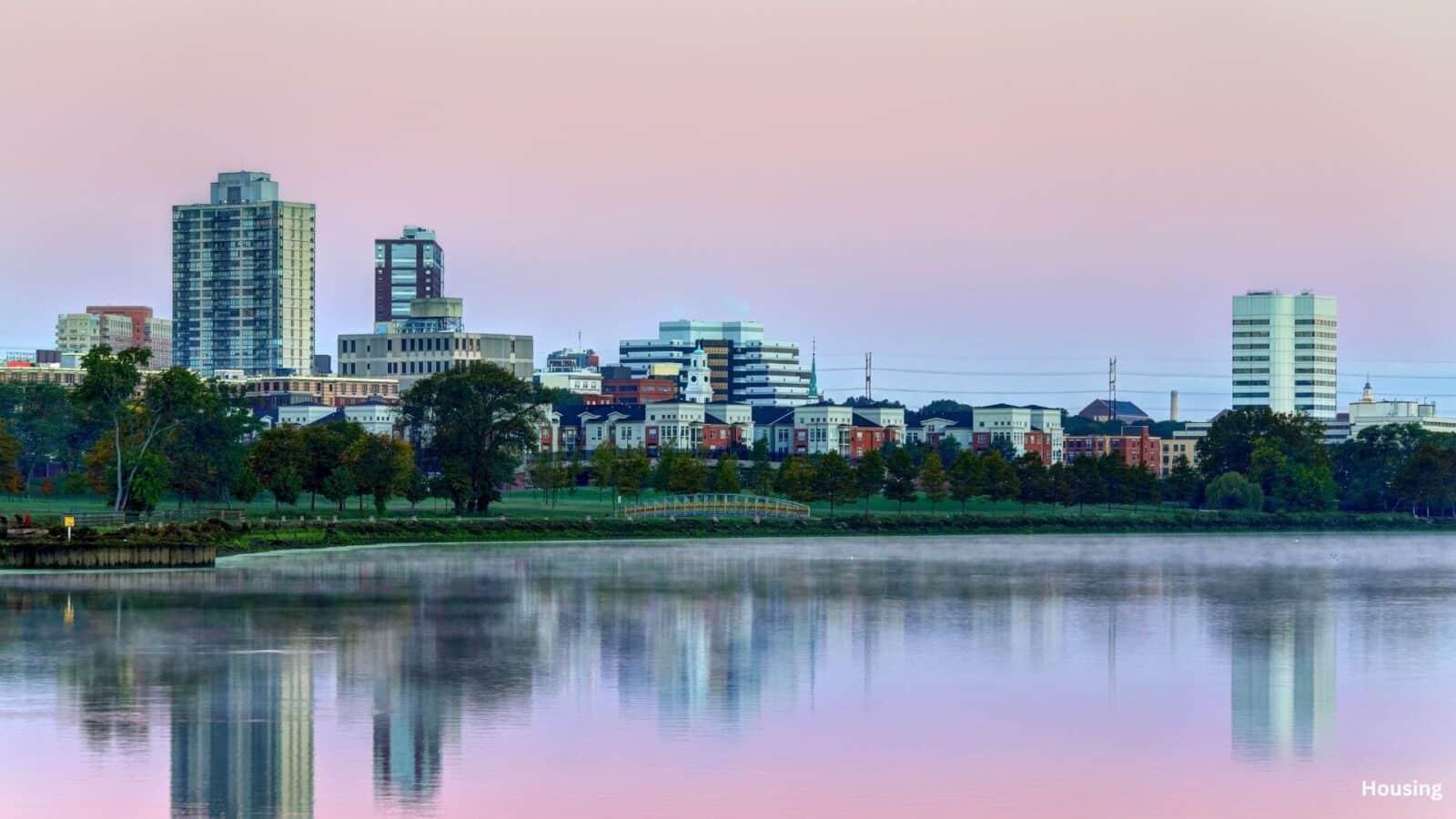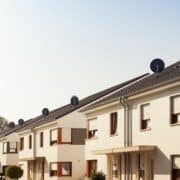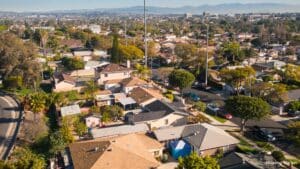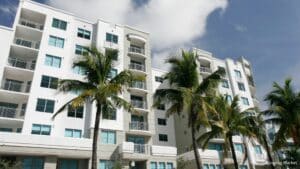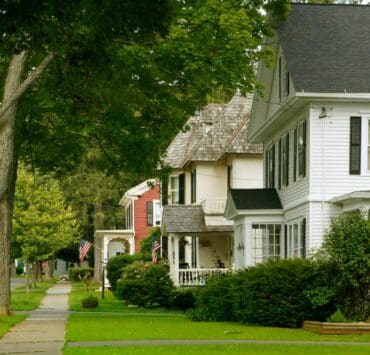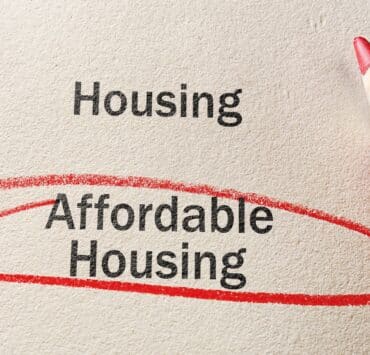South Brunswick affordable housing is taking a significant step forward as the township has agreed to develop over 1,500 new affordable housing units in the coming decade. This breakthrough comes after years of legal battles and negotiations between South Brunswick Township and the Fair Share Housing Center. The settlement marks a monumental shift in the township’s approach to fulfilling its affordable housing obligations under New Jersey law, making it a leading example for municipalities across the state.
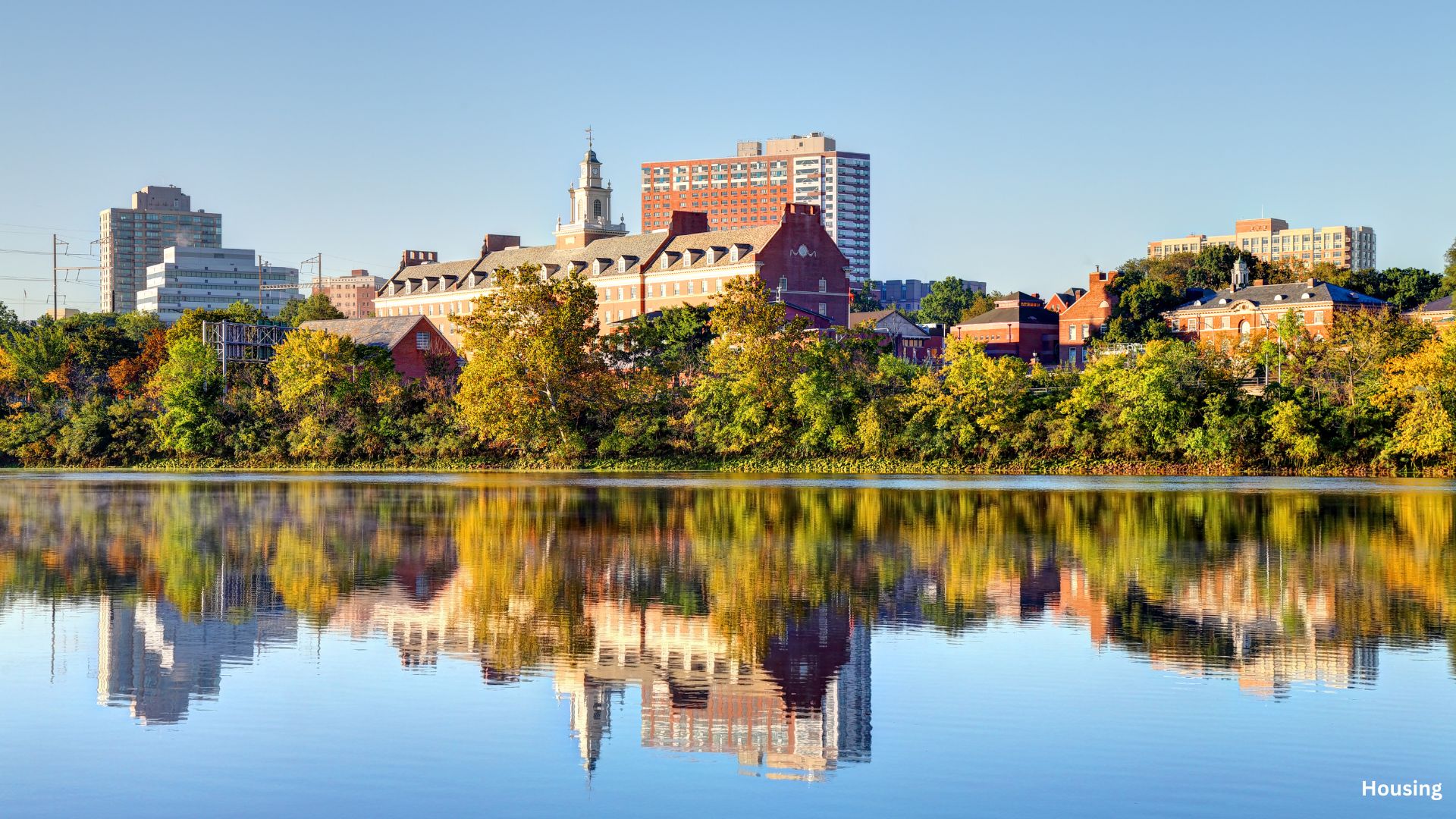
The Road to Affordable Housing in South Brunswick
For nearly a decade, South Brunswick’s fight against state-mandated affordable housing regulations was fierce. However, the township has now embraced a settlement that paves the way for the construction of much-needed affordable housing units. The township, located in Middlesex County, was previously entangled in court cases due to its resistance to developing high-density affordable housing projects. As per a report by Gothamist, the agreement reached last month could finally resolve these long-standing disputes.
What the Settlement Means for South Brunswick
The South Brunswick affordable housing settlement includes plans to build more than 1,500 units over the next 10 years, with 20 different sites earmarked for these developments. The township has agreed to create a mixture of housing types, including large apartment complexes and repurposed properties, to meet its obligation. Additionally, supportive housing for people with special needs will earn the township bonus credits, reducing the actual number of units that need to be built while still complying with state laws.
This settlement not only fulfills the current affordable housing round, which ends in 2025 but also prepares the township for the next round of obligations that will begin in 2025 and run until 2035. South Brunswick’s proactive stance has placed it ahead of other New Jersey municipalities, many of which are still grappling with how to meet the state’s affordable housing mandates.
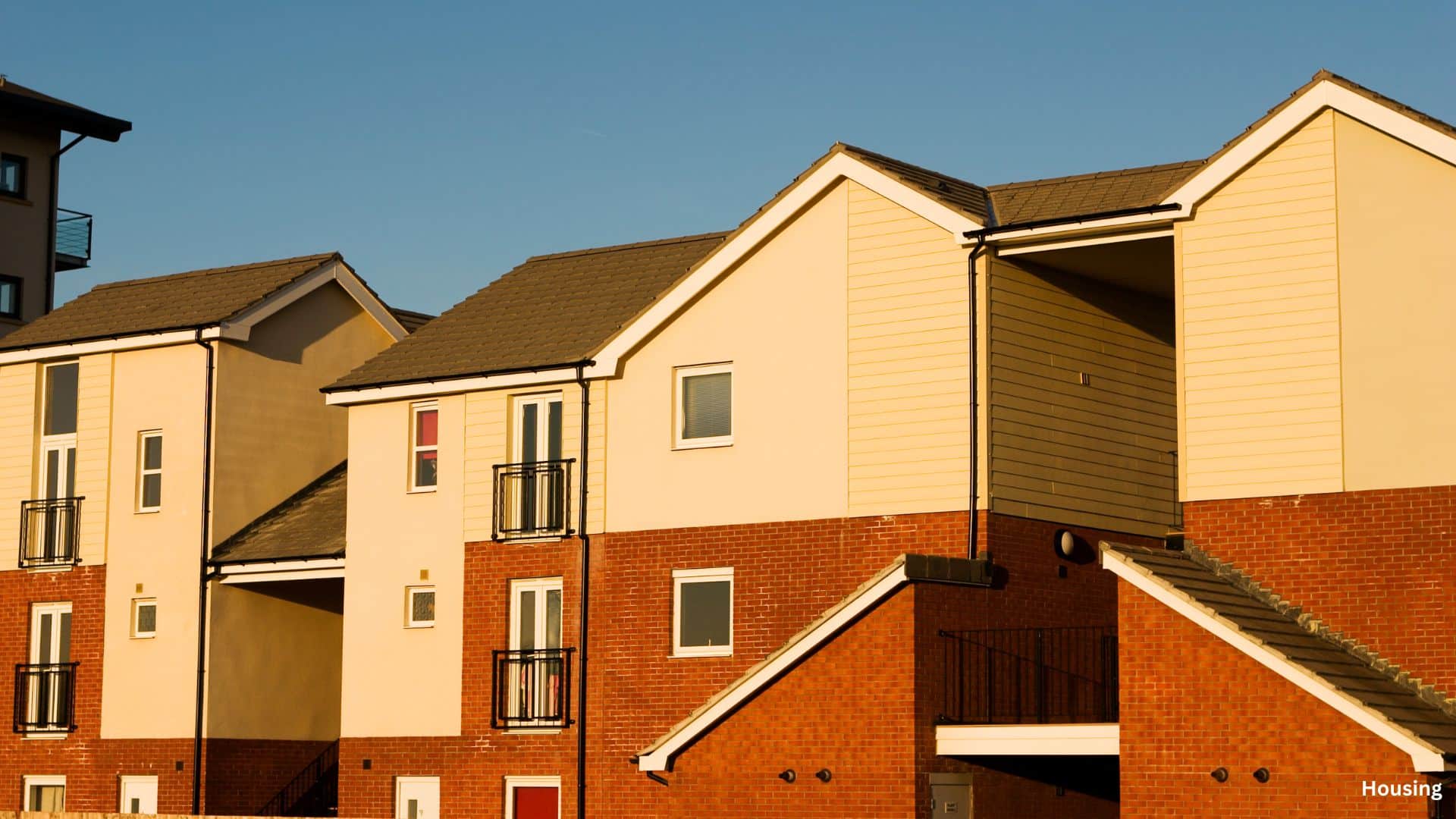
Challenges and Community Impact
While the South Brunswick affordable housing plan represents progress, it hasn’t been without its challenges. Some developers, like South Brunswick Center, LLC, have raised concerns that the sites chosen for development are unrealistic. Legal disputes from developers who felt excluded from the process still persist, adding complexity to the township’s plans.
Despite these hurdles, many see the settlement as a victory for affordable housing advocates. The development of affordable units is expected to alleviate housing shortages, making homes more accessible to low-income families, individuals with special needs, and other underserved communities. As stated in the Gothamist article, Fair Share Housing Center representatives expressed satisfaction with the variety of housing types planned for the township.
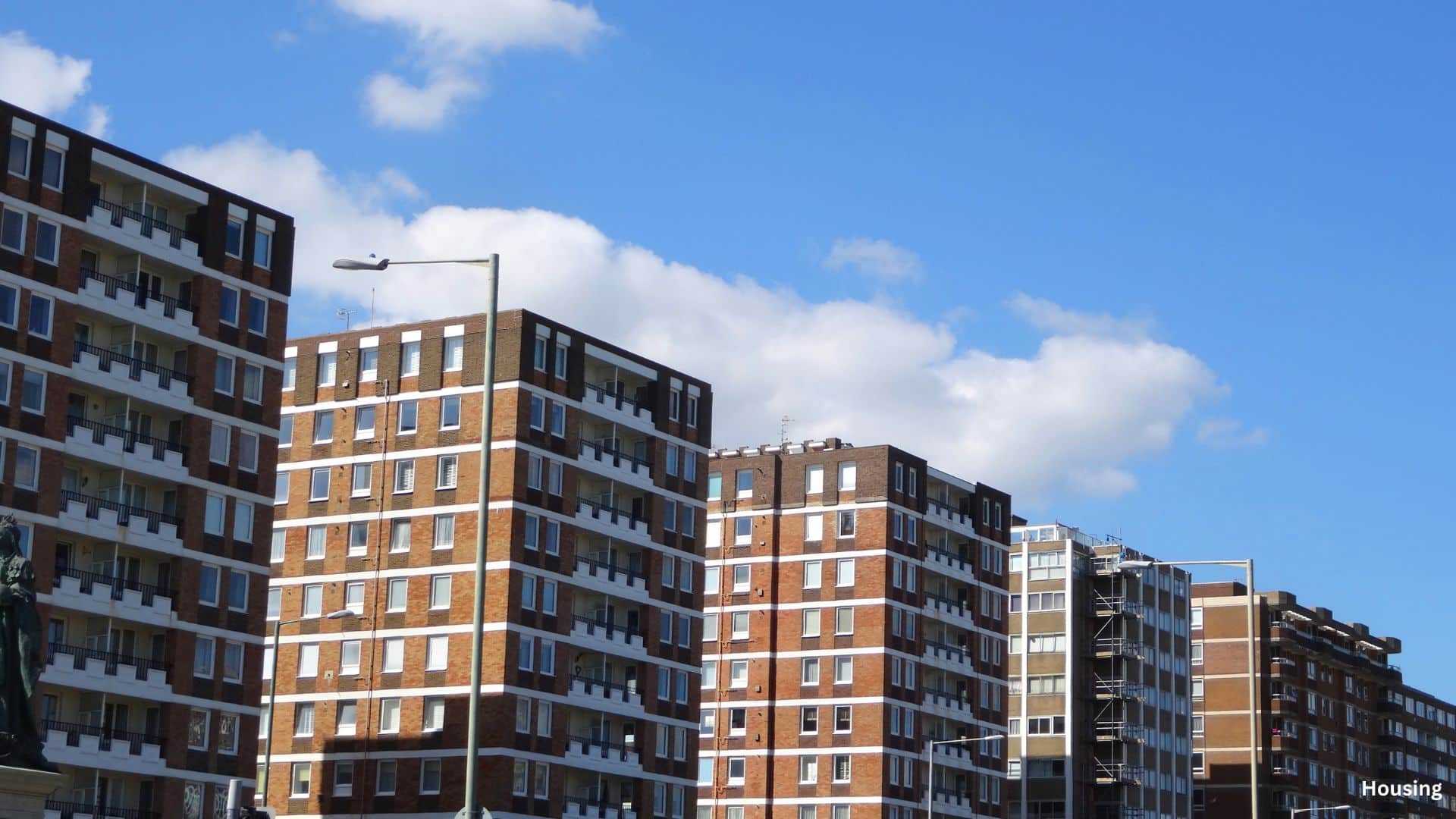
Looking Forward: A Model for Other New Jersey Municipalities
South Brunswick affordable housing efforts stand as a model for other New Jersey towns, demonstrating that reaching a balanced agreement is possible. By choosing to comply with the state’s mandates and work alongside housing advocates, South Brunswick has positioned itself as a leader in affordable housing development. With a variety of housing options, the township is not only addressing its own housing needs but also setting an example for others across the state.
The settlement is a significant victory for South Brunswick, which has now turned the page on a contentious chapter in its history. As the township moves forward with its development plans, it will play a critical role in helping meet the state’s overall affordable housing goals under the Mount Laurel doctrine.
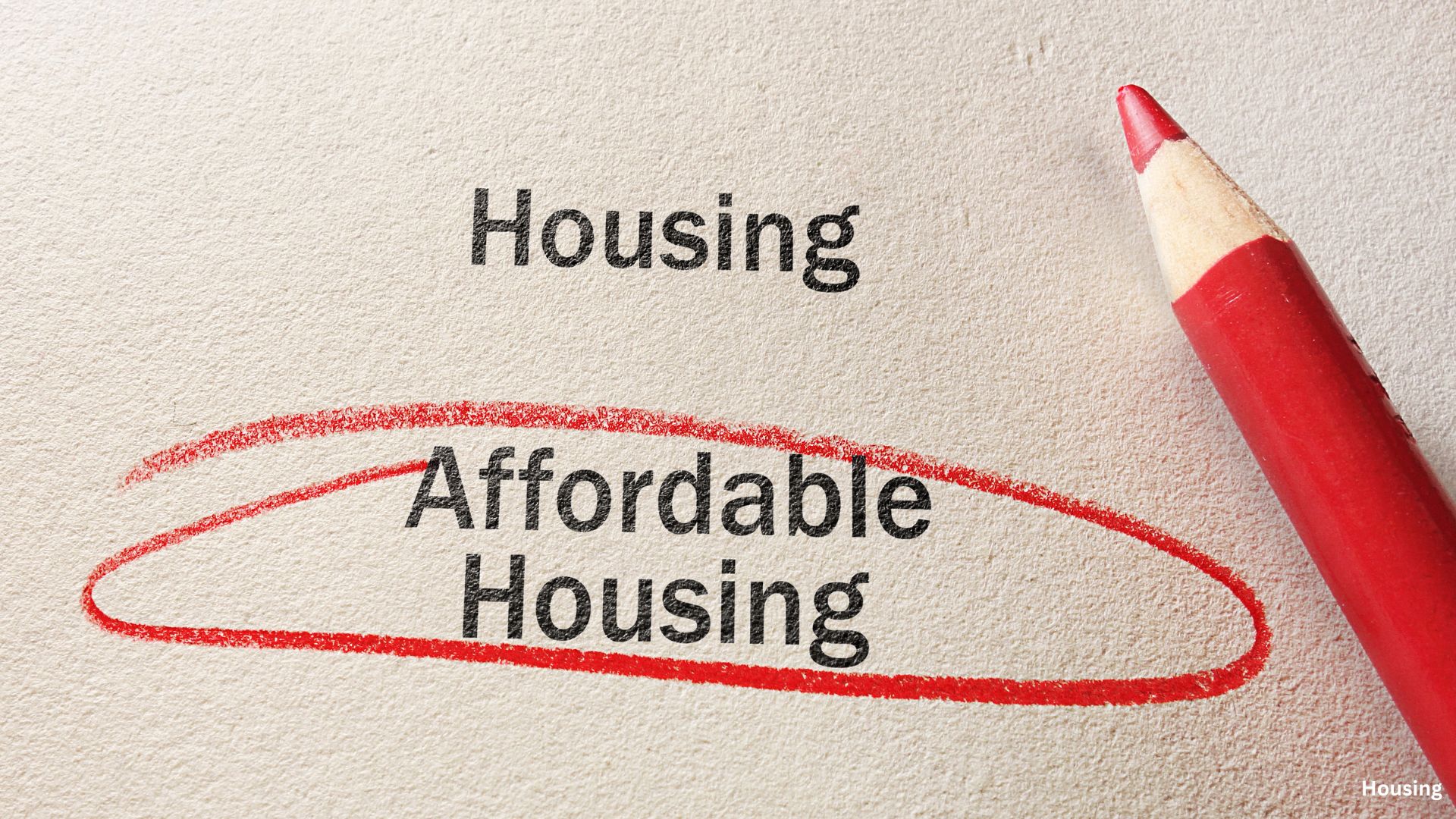
The South Brunswick affordable housing settlement is a transformative step for both the township and New Jersey’s broader housing efforts. By agreeing to develop over 1,500 units in the next decade, South Brunswick is leading the charge in fulfilling affordable housing obligations. This decision sets a positive precedent for other municipalities to follow, ensuring that New Jersey’s affordable housing crisis continues to be addressed.
